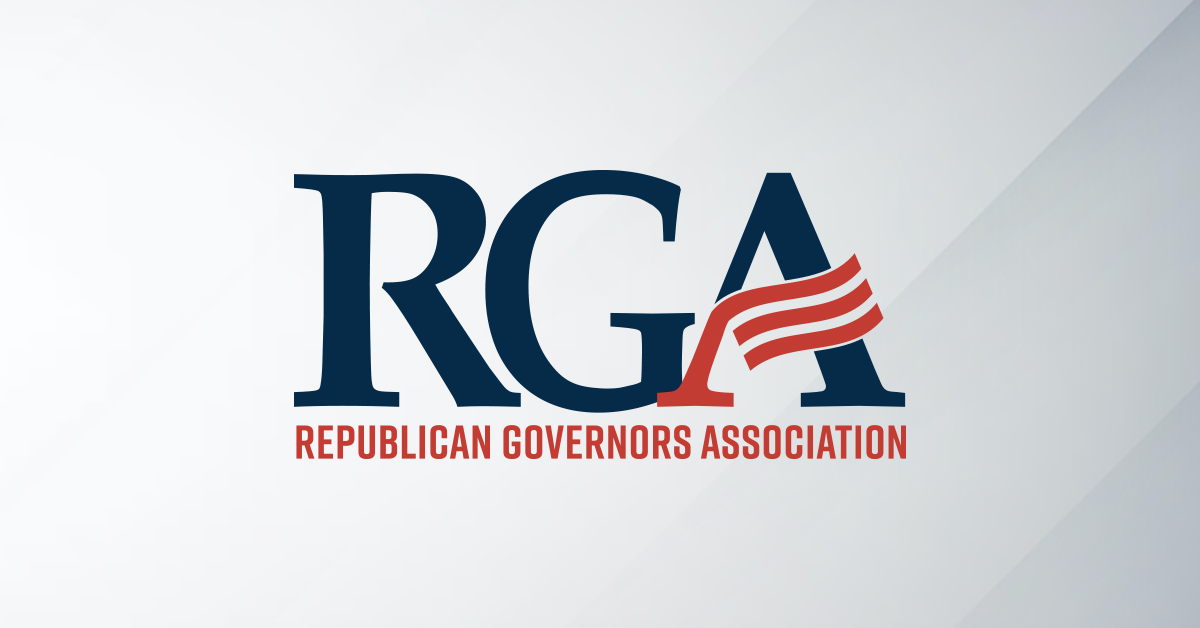From The Wall Street Journal, 12/8/2012
Use North Carolina As The Blueprint For A Red-State Resurgence
With party unity, good candidates and an inclusive message, conservative campaigns can prosper.
By Fred Barnes
EXCERPTS:
Democrats across the country are celebrating the re-election of President Obama and the pickup of two seats in the Senate and eight in the House. But in two formerly Democratic states, Republicans have much to be joyful about.
The GOP victory in North Carolina included the governorship, veto-proof majorities in the state Senate and House, control of 54 of the state’s 100 counties, three new U.S. House seats, and a pivotal seat on the state Supreme Court. All this lifted Mitt Romney to a narrow victory in a state that Mr. Obama won in 2008.
It is premature to declare North Carolina a reliably red state, but Republicans are “positioned to be the dominant party in North Carolina for at least a decade if not beyond,” says GOP consultant Marc Rotterman.
Republicans in the Tar Heel State were unified, with all elements of the party, including social conservatives, engaged with the various campaigns. The GOP ticket was ideologically balanced, with moderate gubernatorial candidate Pat McCrory at the top. The party, Republican campaigns, and GOP-oriented groups joined in a massive turnout operation. Republicans exploited every opening that Democrats gave them—and there were plenty.
The administration of incumbent Democratic Gov. Beverly Perdue—though not Ms. Perdue personally—was marked by scandals. The John Locke Foundation, a conservative think tank, uncovered numerous instances of misconduct and reported them in its publication, Carolina Journal. Gov. Perdue’s job approval sank to 25%, making her the second-most unpopular governor in the country (behind Pat Quinn in Illinois).
That wasn’t all. In 2007, Democratic House Speaker Jim Black was convicted of taking a $25,000 bribe. In 2009, the law license of Gov. Perdue’s predecessor, Mike Easley, was suspended after his conviction on a campaign reporting violation, a felony. And this year, the state Democratic Party was hit by a sexual-harassment scandal.
“There was a culture of corruption because Democrats were in power for so long,” says John Hood, president of the Locke Foundation. “And there were crooks.”
The timing of these Democratic scandals was propitious for Republicans, who in 2010 captured the state legislature for the first time and earned the opportunity to reapportion legislative districts, also for the first time in the state’s history. Republicans seized the moment, undoing more than a century of Democratic gerrymandering.
The linchpin of the Republican sweep was Mr. McCrory, the gubernatorial aspirant. Mayor of Charlotte from 1995-2009, he lost a close contest for governor in 2008 but ran a nearly flawless race this time, significantly outspending his opponent and imposing his issues as the focus of the campaign. His message was simple: “We must fix North Carolina’s broken economy and broken state government, and with new leadership we can bring about a Carolina comeback.”
Given his reputation as a moderate, Mr. McCrory made a point of broadening his support by appealing to conservatives. He backed a voter ID law. More important, he endorsed an amendment on the ballot in the May primary that established traditional marriage as “the only domestic legal union” valid in the state. “You don’t desert things like that,” says Jack Hawke, Mr. McCrory’s chief strategist. The amendment passed, 61%-39%.
Mr. Romney was a major beneficiary of the GOP success.
Now Mr. McCrory, the first Republican governor in two decades, must revive the state’s economy, which has the nation’s fifth-worst unemployment rate, at 9.3%. He wants to use tax reform to cut business and individual income taxes (top rate 7.75%) and tap the state’s oil and natural-gas resources, all while overhauling state government. If he succeeds, he’ll build a durable Republican majority.
The lesson from the two states where Republicans did the best in 2012 are hardly new ones. Party unity matters. There is no substitute for good candidates. Broad-gauge, inclusive conservative campaigns tend to prosper. Simple as that.
Read the rest of the article HERE





See the latest videos from RGA
Watch our videosThe numbers say it all. New Hampshire can’t afford to become @maura_healey's Massachusetts.
NEW: Eleven economic development projects in Ohio are expected to create 1,025 new jobs statewide.
Details: https://bit.ly/3J1ZYDO
Follow RGA on Twitter
Follow RGA on Facebook